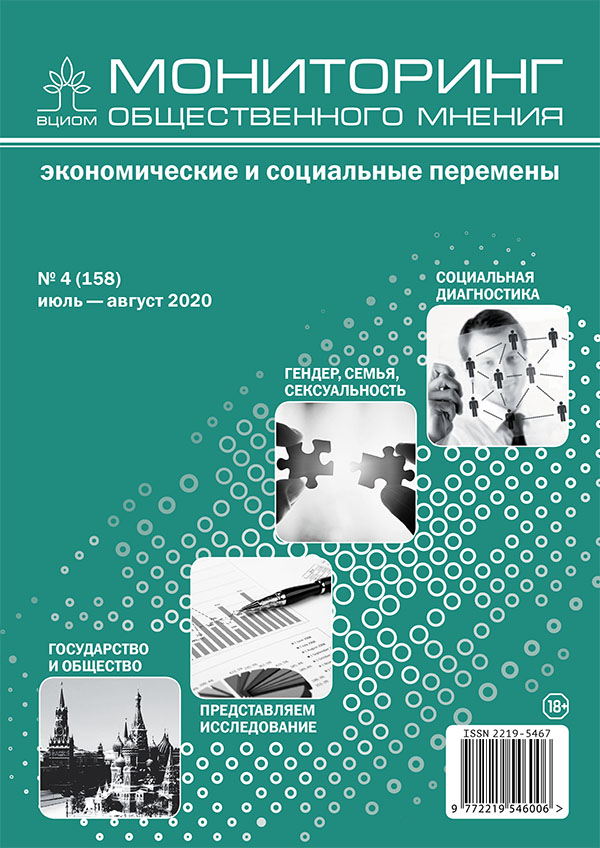Are Fakes Really Dangerous? Fake News and Their Role in the Modern World
DOI:
https://doi.org/10.14515/monitoring.2020.4.791Keywords:
media, Internet, fake news, electoral behavior, trust in mediaAbstract
The article provides an overview of key foreign studies devoted to fake news. Works related to fake news are often contradictory and contain opposite conclusions. Literature does not provide a single definition of the notion. Assessments of a danger to society fake news may entail are ambivalent in this article, too. Red flags are disputable effectiveness of the existing methods to combat disinformation, political bias in the content, as well as the fact that any type of content can be interpreted as virus under certain circumstances. In addition, an increase in the number of fake news can be considered as a reason for a decline of trust in mass media which, though, had been seen long before the question under discussion appeared. However a number of studies show that the actual fake news audience is not large and quite specific. It may slightly decrease potential negative effects of disinformation. Besides that, there are possibilities to tackle online disinformation, and there are groups of people less sensitive to influence. Thus, potential consequences of fake news are unclear. Despite the fact that the phenomenon is predominantly talked about in a negative way, there exist certain factors that reduce the acuteness of the problem.
Acknowledgments. The article is supported by the Russian Science Foundation, grant no.19-18-00206.
Downloads
Published
How to Cite
Issue
Section
License
Copyright (c) 2020 Monitoring of Public Opinion: Economic and Social Changes Journal. Public Opinion Monitoring ISSN 2219-5467

This work is licensed under a Creative Commons Attribution-NonCommercial-ShareAlike 4.0 International License.






